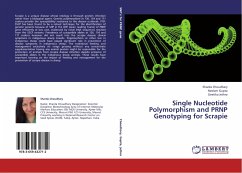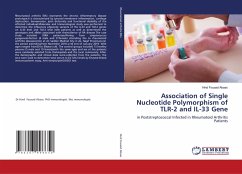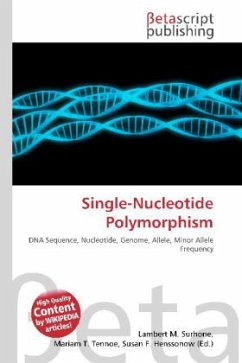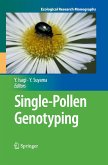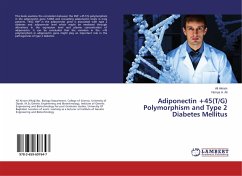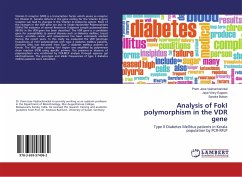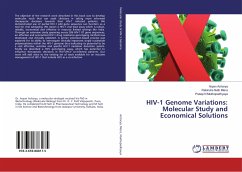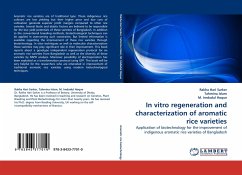Scrapie is a unique disease whose etiology is through protein infection rather than a biological agent. Genetic polymorphism at 136, 154 and 171 codons provide the susceptibility/ resistance to the disease outbreak. PCR-SSCP has been found to be a robust technique for the identification of genetic variants because of SNP in the ORF (open reading frame) of PRNP gene efficiently at low cost, evidenced by novel DNA sequences resulted from the SSCP variants. Prevalence of susceptible alleles at 136, 154 and 171 codons however did not result into the scrapie disease clinical symptoms in indigenous sheep breeds. Polymorphism at other loci in indigenous sheep could have played significant role in prevention of disease symptoms in indigenous sheep. The traditional feeding and management exclusively on range grazing without any concentrate supplementation having any animal protein might be responsible for the protection of animals from scrapie disease infection despite presence of susceptible alleles in the indigenous sheep animals. These results have important bearing on the impact of feeding and management for the prevention of scrapie disease in sheep.
Bitte wählen Sie Ihr Anliegen aus.
Rechnungen
Retourenschein anfordern
Bestellstatus
Storno

